Close Japanese–Swiss ties to defy tsunami impact

Japan’s top diplomat to Bern has expressed gratitude for Swiss compassion following the earthquake and tsunami and says he understands concerns over the nuclear disaster.
In an interview with swissinfo.ch, Ambassador Ichiro Komatsu also said he hoped a key trade accord between Japan and Switzerland would yield positive results.
Komatsu said the disastrous earthquake in March and the subsequent accident at the Fukushima nuclear power plant showed how powerless humankind is in the face of nature. He said the compassion shown by the Swiss would help strengthen the longstanding friendship between the two countries.
He hopes a multi-billion programme for economic recovery by the Japanese government will help boost bilateral trade and prevent a slump in bookings of Japanese tourists visiting Switzerland and other European destinations.
swissinfo.ch: How would you assess the Swiss reaction to the accident at the nuclear power plant at Fukushima?
Ichiro Komatsu: All in all the Swiss reaction was moderate and pragmatic compared with that of some neighbouring countries.
Although it is understandable that Switzerland took precautionary measures we believe some of the measures taken by the Swiss – a temporary suspension of parcel delivery to Japan, direct Swiss flights to Tokyo diverted, the temporary move of the Swiss embassy to Osaka – were not absolutely necessary.
Today such measures are lifted and the situation has returned to normal.
Something invisible like radioactivity can be scary but as Foreign Minister Takeaki Matsumoto says – referring to respected international organisations’ assessments – it is safe to come to Japan and the most effective way to help is to visit the country and buy our excellent products.
swissinfo.ch: What impact has the disaster had on bilateral relations between Japan and Switzerland?
I.K.: Not only the Japanese government but also the Japanese people are very grateful for the solidarity, encouragement and compassion shown.
Switzerland was one of the first countries to send a rescue team to Japan and it has done an excellent job.
Our embassy in Bern was virtually inundated with messages of encouragement and we are also very grateful for numerous charity events organised by the people and organisations across Switzerland.
The tsunami and the subsequent nuclear accident were very unfortunate but they strengthened our friendship.
swissinfo.ch: What lessons are there for Switzerland to learn?
I.K.: I think it would be presumptuous to say other countries should learn from us as we are still struggling to cope with the impact of the nuclear accident.
As a country which is prone to natural disasters – earthquakes, storms, floods which regularly cause the death of people – we thought we were well prepared to cope with calamities.
But now we are awe-struck that nature is much stronger than human beings and we realise we have to be humble before nature.
As far as nuclear power is concerned: it has become evident that our safety and security measures were not sufficient. We will have to increase our effort to boost safety standards.
It would be an honour and pleasure for Japan to cooperate with Switzerland as a country with high technology standards.
swissinfo.ch: What do you make of the political debate in Switzerland over nuclear power?
I.K.: It is only natural that the issue of nuclear power is high on the public agenda. In democratic countries like Switzerland and Japan the people will have the final word.
When we consider energy policy we cannot ignore the issue of global warming. The reduction of CO2 emissions is on the worldwide agenda and means that the use of fossil fuel has to be reduced. As a result, we need to opt for an energy mix.
As Prime Minister Naoto Kan has said, it makes sense to encourage renewable energy, and to increase investment in research and development.
But it would be unrealistic – from a technological and economical point of view – to shift to depend on the production of a significant amount of renewable energy in the short term.
As far as renewable energy compared with total energy consumption is concerned Switzerland has done better than Japan. But even in Switzerland renewable energy supplies only a few percent of total electricity demand.
As Prime Minister Kan said in parliament: We have to continue to find the best energy mix and put more emphasis on safety.
swissinfo.ch: How have business ties between Japan and Switzerland evolved following the 2009 free trade agreement?
I.K.: There are a number of positive signs – an increase in the volume of Swiss cheese exports to Japan and an increase in total export volume from Japan to Switzerland.
But at this stage it would be premature to draw too many conclusions from the Free Trade and Economic Partnership Agreement (FTEPA) on the overall trade relationship since both countries were significantly affected by the global financial crisis.
It also must be noted that the impact of the agreement remains limited if companies and people do not really make use of it.
Last February a joint Japanese and Swiss committee agreed to launch an information initiative to draw the attention of the business communities to the accord.
The Swiss and Japanese foreign trade promotion agencies this week held two seminars in Zurich and Lausanne. The aim was to ensure that the FTEPA bears fruit in more concrete terms.
swissinfo.ch: Is there a risk that the nuclear accident will have a negative impact on trade relations?
I.K.: It would be unfortunate if the positive effect of the agreement were cancelled out and trade restricted due to groundless rumours and misguided information based on sensational media reports about Japan.
swissinfo.ch: To what extent will the difficult economic situation and impact of the tsunami lead to fewer tourists from Japan travelling to Europe and Switzerland?
I.K.: We do not yet know the exact impact of the earthquake on the Japanese economy. Earlier this month the government and parliament approved a supplementary budget worth about JPY4.0 trillion (SFr43.7 billion) to help the victims of the disaster and to revitalise the economy.
Another supplementary budget is being prepared.
We have not have figures about possible cancellations of trips by Japanese tourists to Europe but we very much hope that the economic recovery measures will help prevent a negative impact on tourism in Switzerland.
Ambassador Komatsu, who took up his post in Bern in 2008 is no stranger to Switzerland. He represented his country at international organisations in Geneva about 25 years ago.
Trained in French he says he was concerned that his tasks in Bern might be made more difficult for him because of his limited knowledge of German.
He says he was pleased to find out that many people in the federal administration and also people in the street speak French. “It was a happy surprise for me.“
He says Japan and Switzerland are geographically far apart and have very different historical and cultural backgrounds.
But both countries share not only universal values, including freedom, democracy and the rule of law, but also share common traits such as punctuality and perseverance.
The biggest point they have in common is a similar scarcity of natural resources and a relatively small percentage of cultivable land. “Their prosperity is therefore based exclusively on well-educated and hardworking people,” he says.
The free trade agreement between Japan and Switzerland came into force in September 2009 and is considered a landmark accord which extends beyond the normal parameters.
It aims to abolish a range on tariffs and includes provisions for financial services and e-commerce as well as terms for dealing with intellectual property rights.
Japan is Switzerland’s second most important trading partner in Asia after China. Bilateral trade amounts to more than SFr10 billion, according to 2009 data by the federal customs authorities
Exports to Japan: SFr7.2 billion; Imports from Japan: SFr3.6 billion.
Japan imports mainly pharmaceuticals, watches, machines and jewelry, while it exports cars, machines, electronic equipment and chemicals.

In compliance with the JTI standards
More: SWI swissinfo.ch certified by the Journalism Trust Initiative

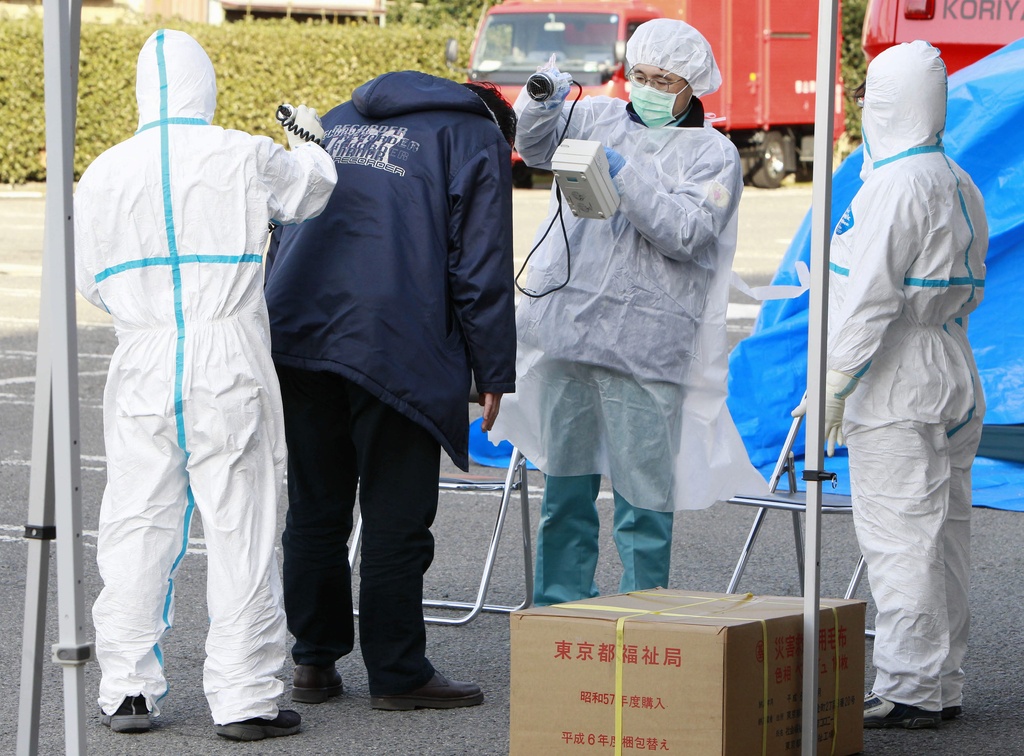
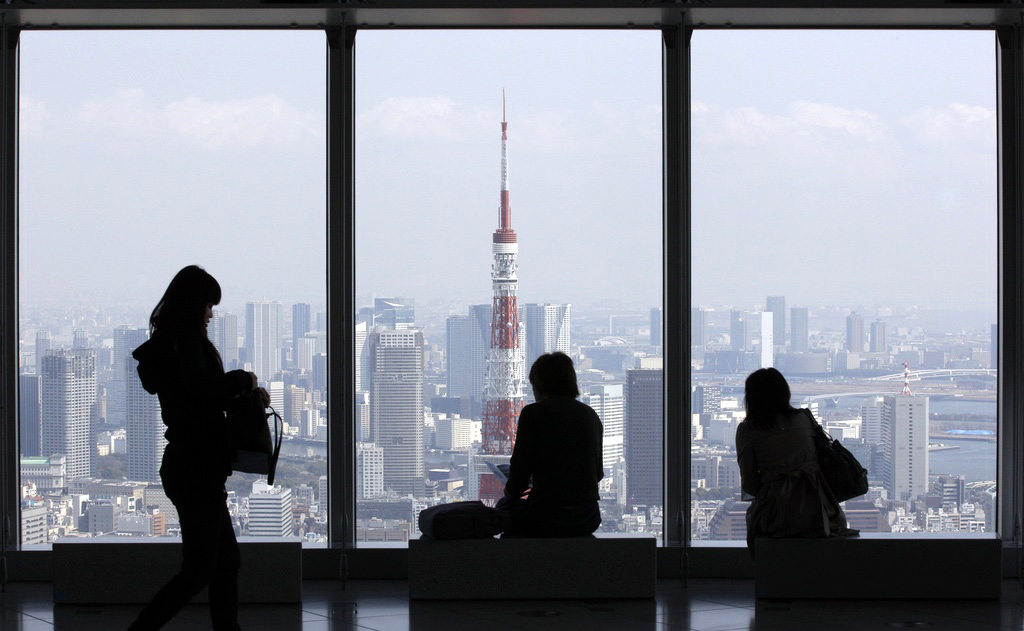
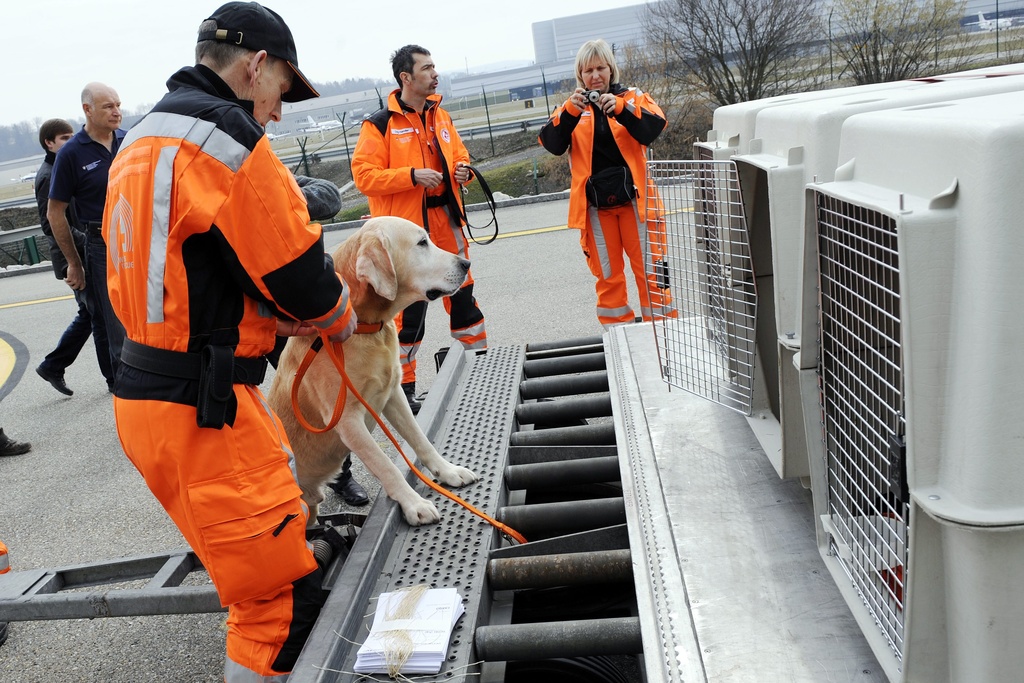

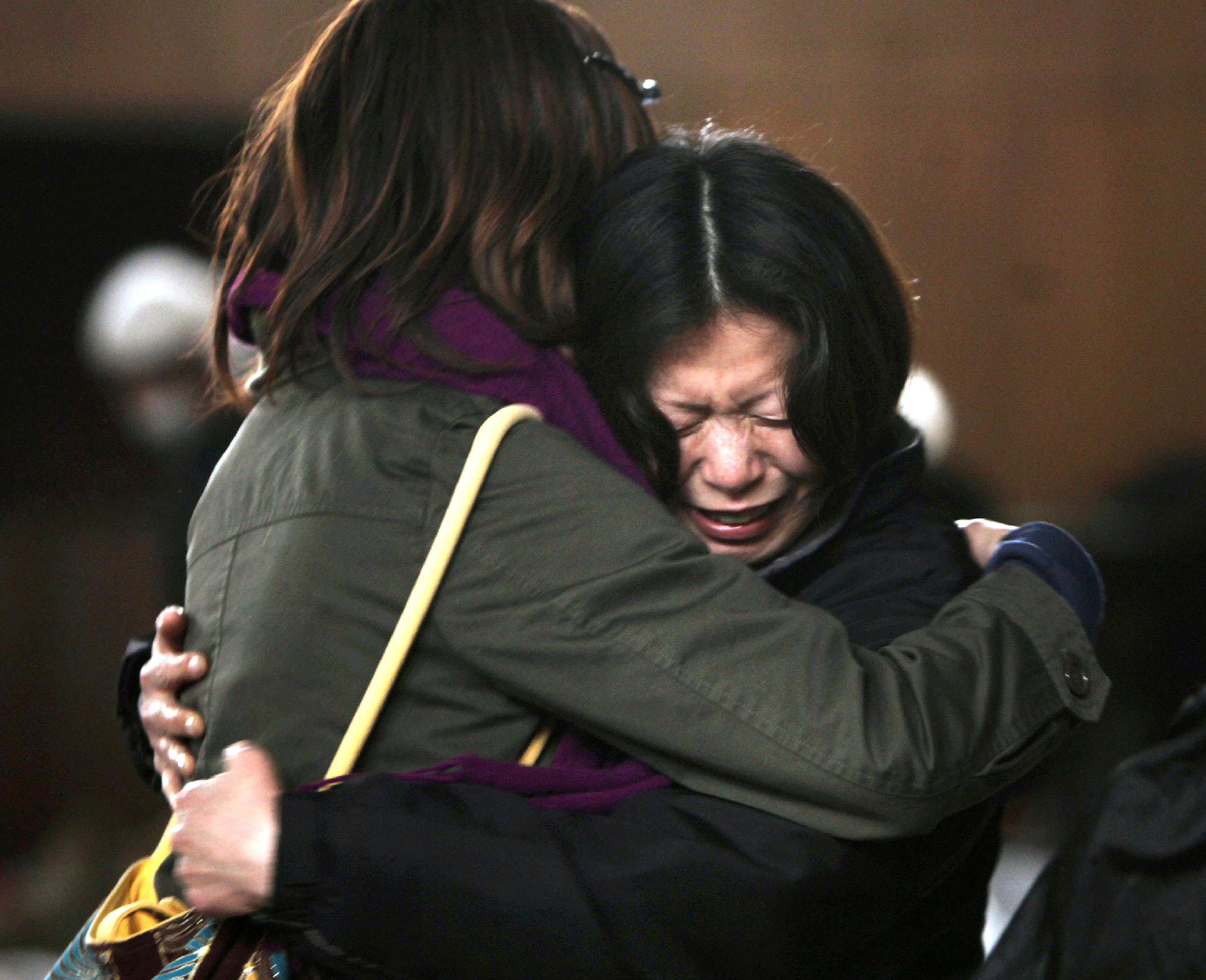
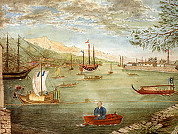

You can find an overview of ongoing debates with our journalists here. Please join us!
If you want to start a conversation about a topic raised in this article or want to report factual errors, email us at english@swissinfo.ch.